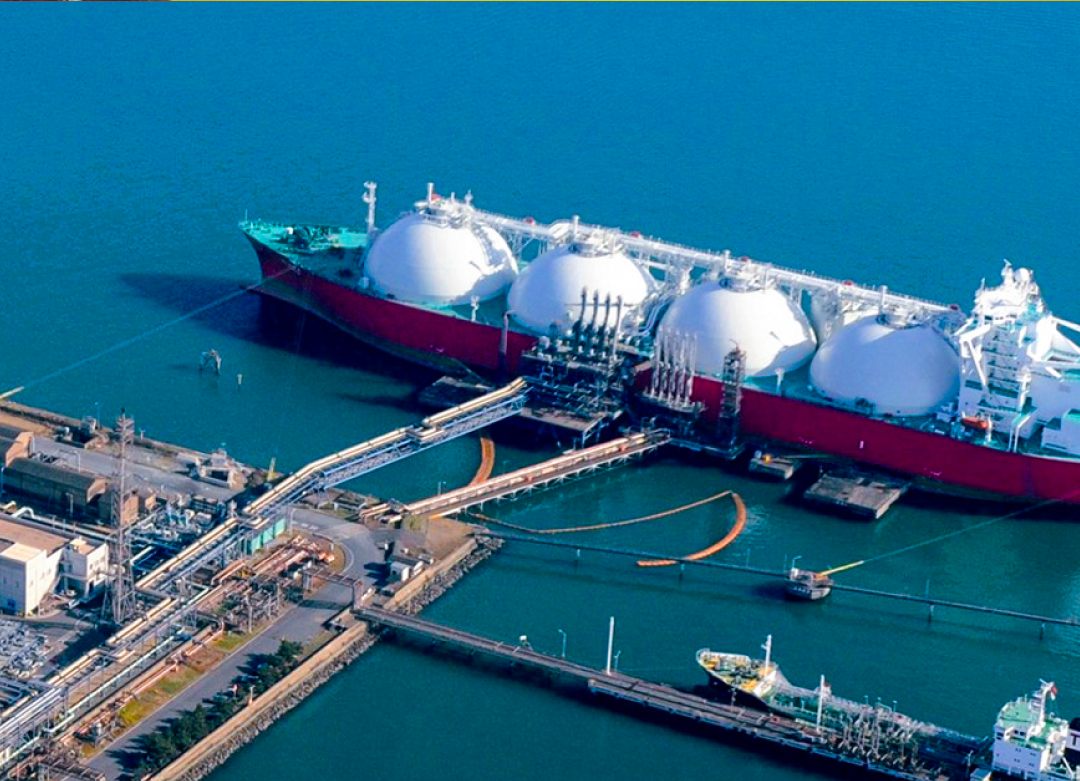ENEOS Corporation announces that it has concluded a memorandum with Origin Energy (Origin) to conduct a study on a potential business collaboration for the development of a CO2-free hydrogen supply chain between Japan and Australia.

In anticipation of a hydrogen-oriented society toward decarbonization, ENEOS is striving to develop
a CO2-free hydrogen supply chain in Japan and overseas. Outside Japan, the wide range of
alliances in Australia, Middle East and Asia are being utilized to implement verification for the
realization of a large-scale supply of cost-competitive hydrogen.
As a part of these initiatives, ENEOS plans to conduct a study for collaboration with a local company
in Australia to build a supply chain for an affordable and stable supply of CO2-free hydrogen (green
hydrogen) produced from renewable energy. This will be achieved by utilizing Australia's excellent
potential for cost-competitive hydrogen production due to its favorable climate conditions, including wind and sunlight, and expansive land.
Origin is a leading integrated energy company in Australia with extensive experience ranging from
natural gas exploration and production, generation and wholesale to electricity and gas retailing.
In the study*, the two companies will jointly examine the potential for the reliable supply of affordable hydrogen made with renewable energy in Queensland. Specifically, Origin will focus on use of renewable energy supply and water electrolysis cells for hydrogen production. ENEOS will be
responsible for more efficient production of methylcyclohexane (MCH) and maritime transport of
MCH as a form of hydrogen storage and transport from Australia to Japan.
Queensland is well advanced in the development of renewable energy sources, particularly solar
power. The state government is promoting hydrogen industry development leveraging these
renewable energy sources. Under its own hydrogen industry strategy, the government has
promptly launched various programs including establishment of the Hydrogen Industry
Development Fund to support hydrogen business and develop areas dedicated to large-scale
hydrogen business across the state. In addition, existing infrastructure such as storage tanks,
shipping and port facilities currently used for coal and natural gas can be utilized for hydrogen
export.
The two companies will explore opportunities to access government support, including the Green
Innovation Fund in Japan and the hydrogen hub project in Australia, to achieve early development
of a CO2-free hydrogen supply chain between Japan and Australia.
This initiative is consistent with United Nations Sustainable Development Goals (SDGs) 7.
Affordable and clean energy, 9. Industry, innovation and infrastructure, and 13. Climate action.
ENEOS is contributing to the realization of a low-carbon, recycling-oriented society through the
promotion of hydrogen use, including the joint study with Origin.

*Overview of the CO2-free hydrogen supply chain
1. Manufacturing green hydrogen from renewable-energy-derived power through water
electrolysis in Australia
2. Conversion of manufactured hydrogen into MCH, a form of efficient hydrogen storage and
transport
3. Maritime transport of MCH to Japan by tankers
4. Receipt, storage and dehydrogenation of MCH at ENEOS refineries and supply of hydrogen
for industrial use at nearby thermal power plants, steel refineries, etc.
5. Toluene separated in the dehydrogenation process is returned to Australia for repeat use as
a raw material in MCH production.
ENEOS's existing petroleum-related infrastructure, including tankers, storage tanks and
dehydrogenation facilities, can be utilized in the CO2-free hydrogen supply chain, enabling
development of a new energy supply system while curbing new investment.